Food Security and Livelihood Strengthening Programme
"Enhancing food security and Strengthening the resilience and livelihoods of vulnerable communities"

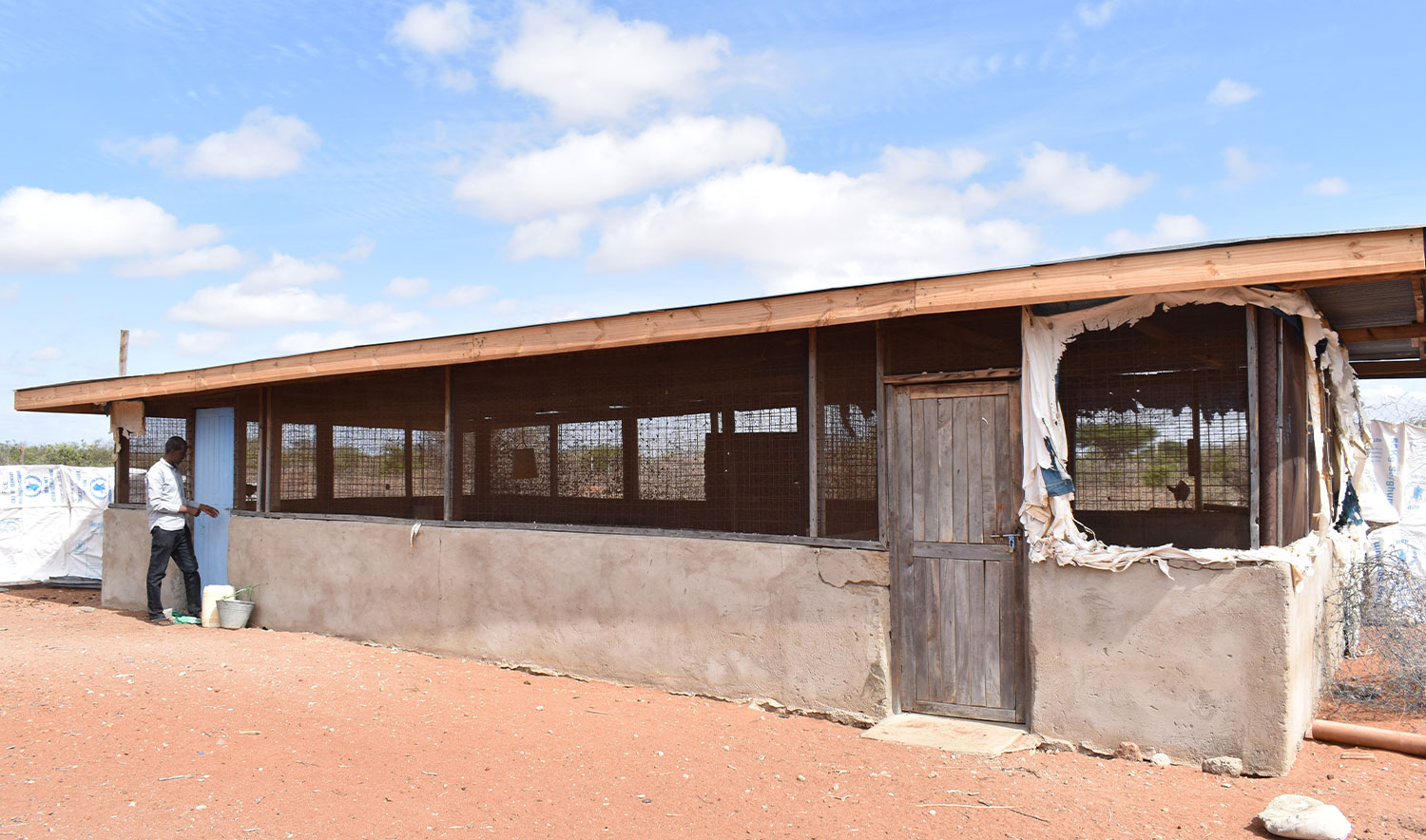
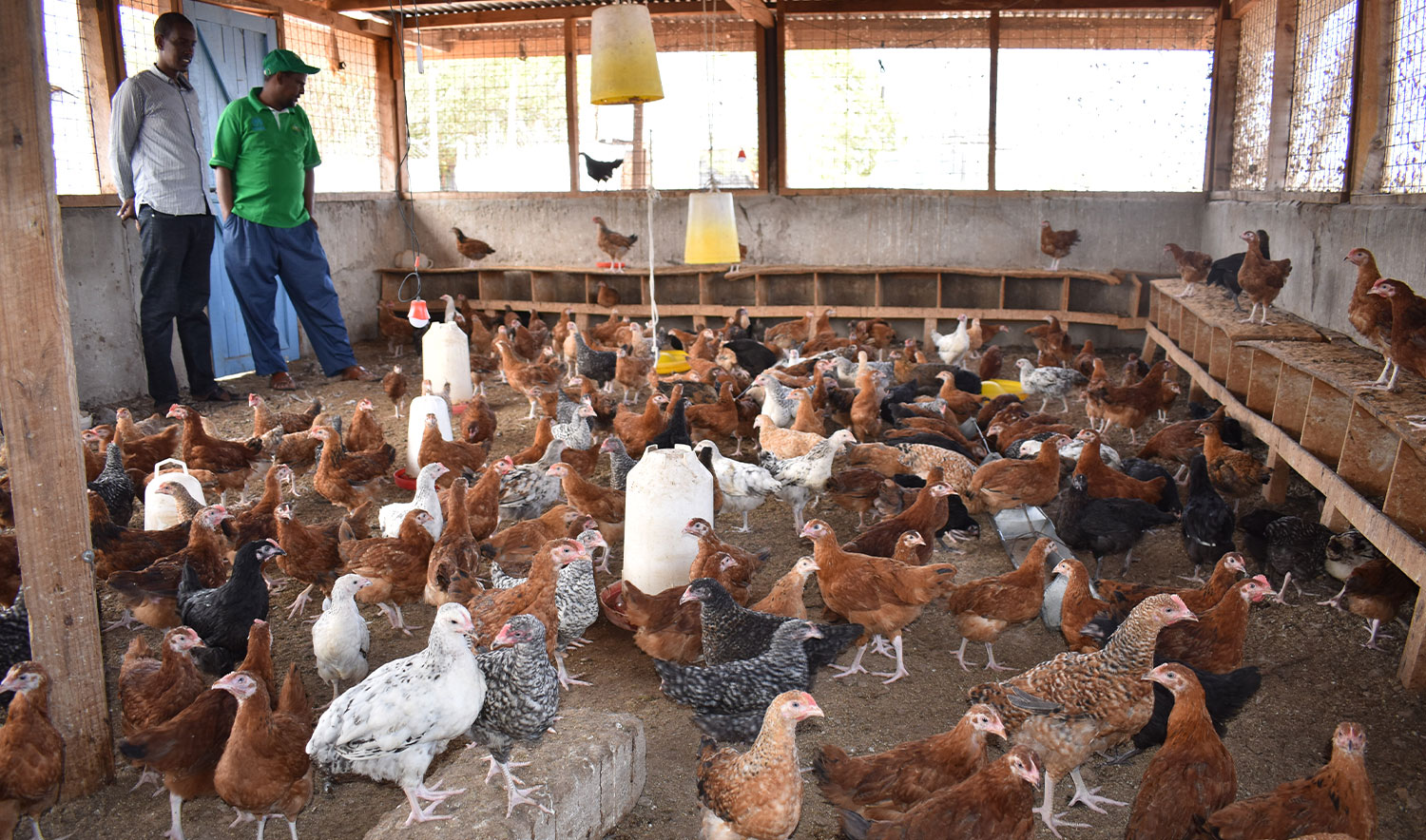

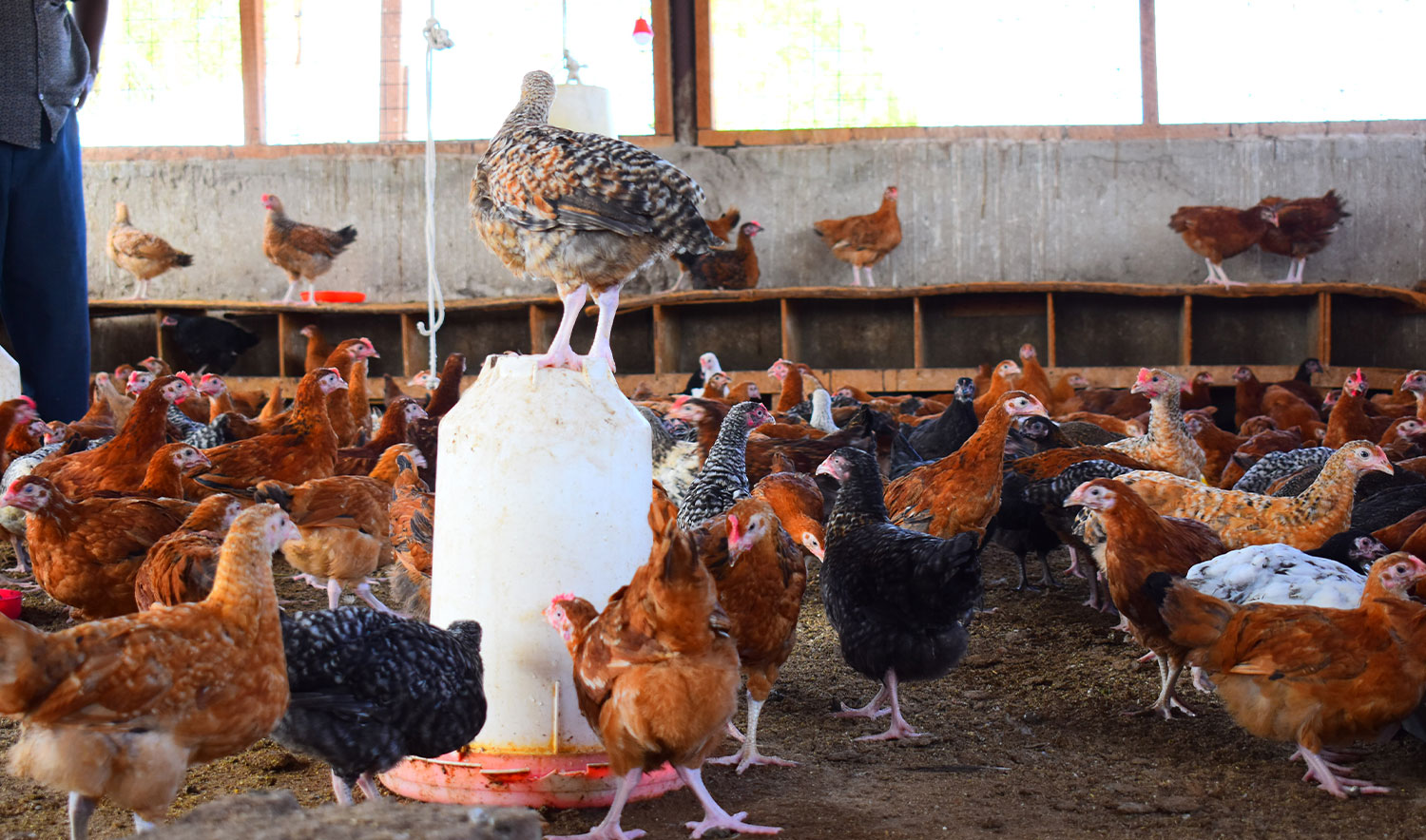
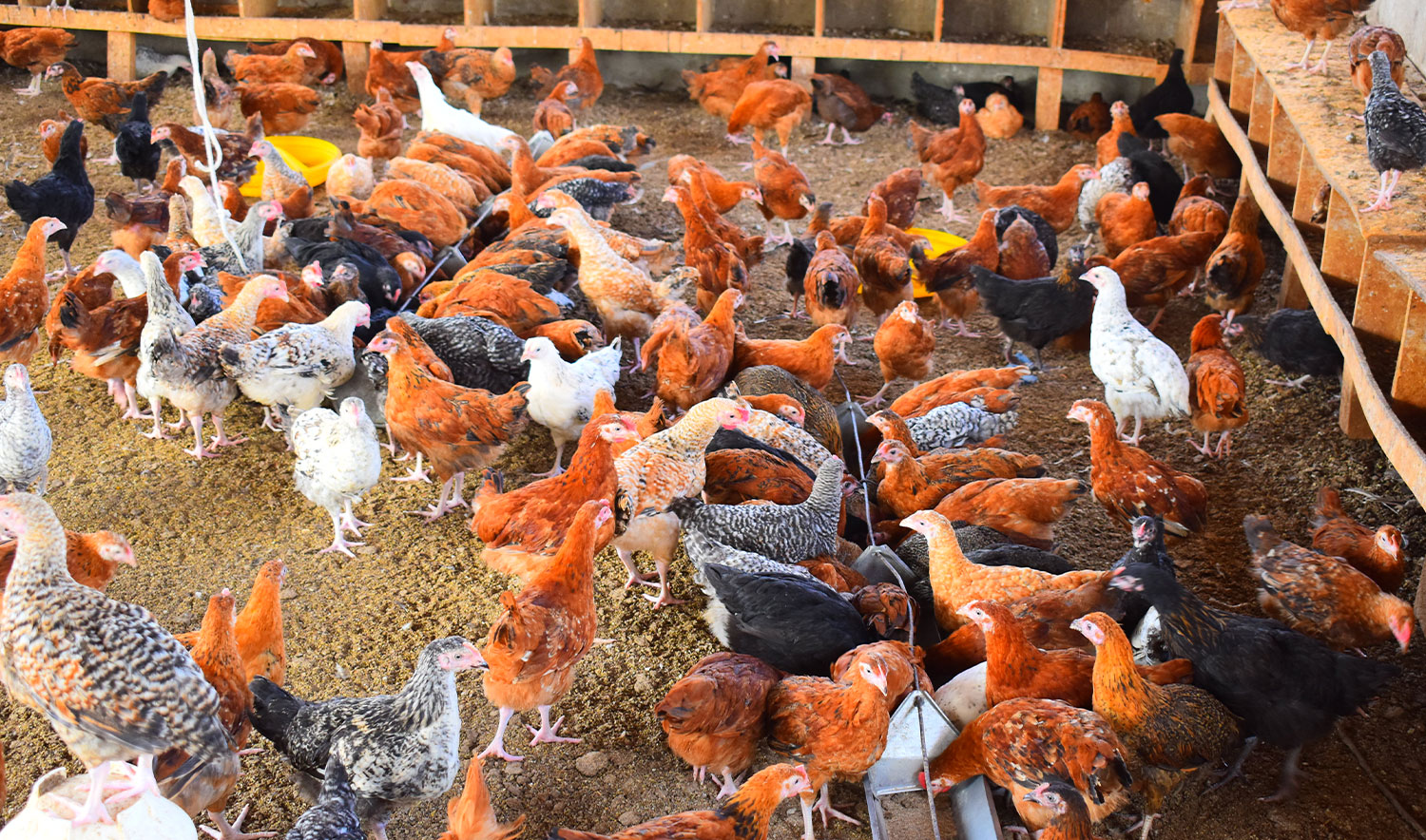

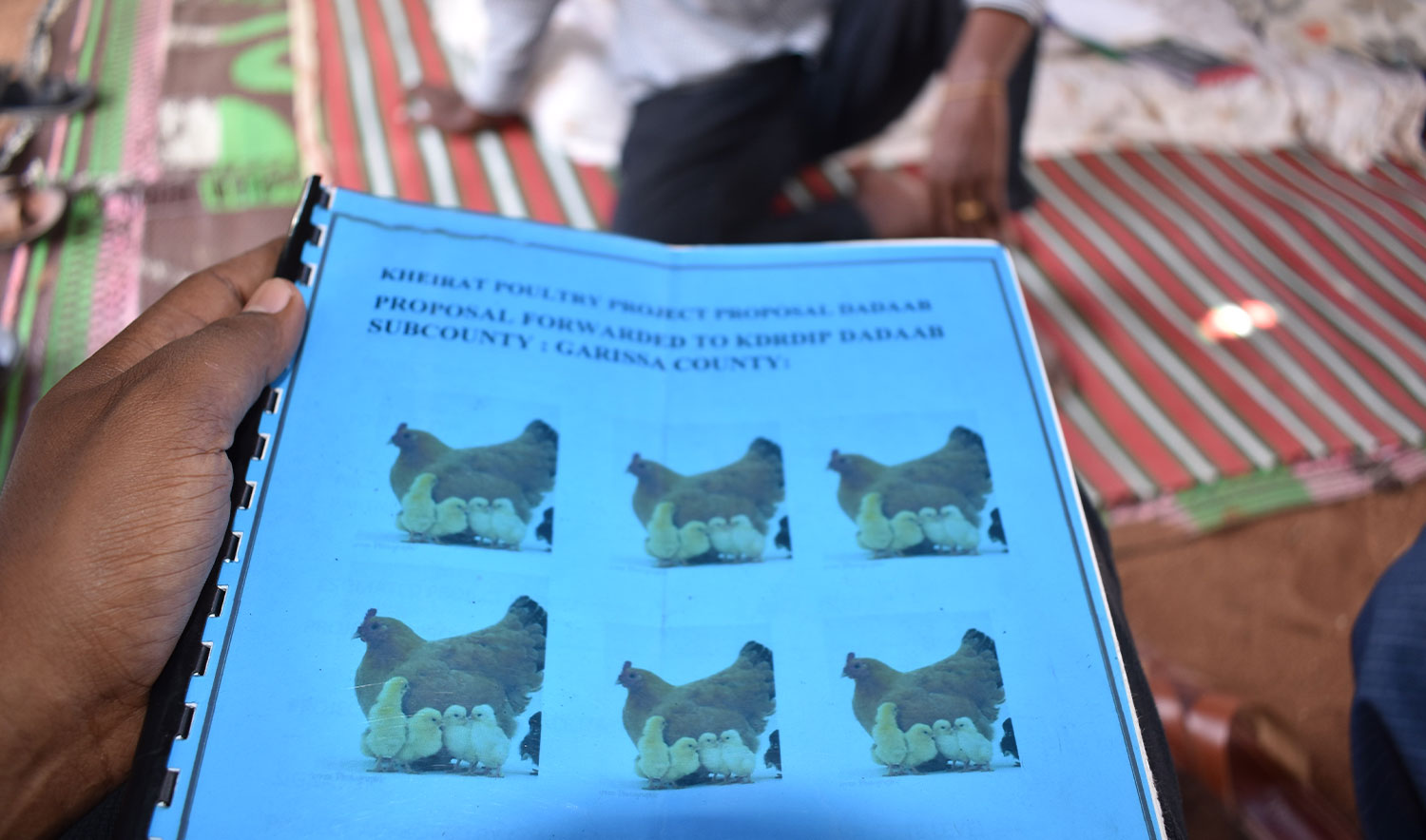
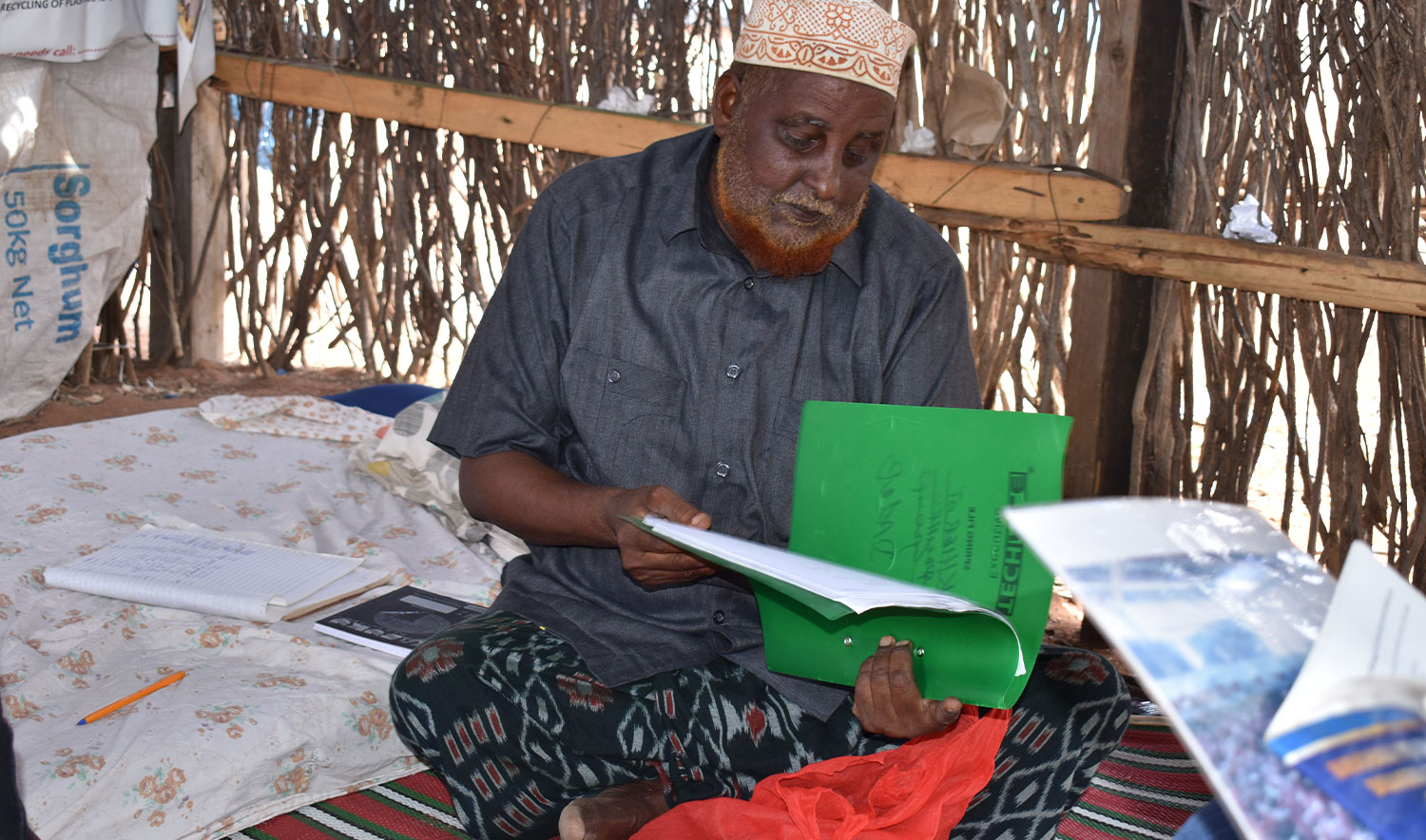
"Enhancing food security and Strengthening the resilience and livelihoods of vulnerable communities"









For decades, recurrent drought & other impacts of climate change have negatively affected Kenya’s ASAL areas, including Tana River County. Prior neglect of these regions for years by the national administration further aggravates the situation, making the region & the county one of the poorest. Annually, drought affects million people in the ASALs, & an estimated 50-60% of livestock (shoats, camels and cattle) die, thus resulting to community’s loss of lives & livelihoods. The current ability of the communities to respond to drought is limited not only due to the increasing frequency, but also due to increasing population, a dwindling supply of food, perennial resource-based conflict, changes in access to land and water, plus impact of other shocks such as flooding and disease outbreaks. Previous emergency interventions by GoK & development partners have been effective in saving lives, but they have not been designed to address the chronic food & nutritional insecurity that characterises the ASALs regions. As a result, general vulnerability and poverty levels in the regions remain very high.
Poverty, food insecurity, undernutrition, and income inequality remain high in Kenya, particularly in the Arid and Semi-Arid Lands (ASALs). In addition to recurrent drought, human conflict and a legacy of marginalization by the national government and limited international investments have characterized the situation in the region. This is further exacerbated by impacts of Climate Change which worsens the situation, and remains as one of the biggest threat to the livelihoods of the communities. As a result, loss of human and livestock, emergency food insecurity levels, and severe socio-economic consequences have become a common occurrence in the region, with millions left dependent on humanitarian aid.
RRDO’s work on food security and livelihood strengthening programme integrates both immediate humanitarian response interventions and long-term development work to cushion the communities from immediate vulnerabilities while building their long-term adaptive capacity. We integrate components of Disaster Risk Reduction (DRR), nutrition, livelihoods diversification and animal health promotion. Priority interventions include increasing adaptability, reducing risk, and improving social and economic conditions to target the causes of vulnerability. More specifically, our immediate humanitarian interventions focus on distribution of food & water, as well as provision of conditional, and non-conditional cash transfer to affected households among others. On the other hand, to build long-term development in the targeted areas of North Eastern and Lower coastal parts of the country, our efforts build on traditional institutions combined with modern practices, technologies and governance concepts.
We prioritize strategic interventions that respond to the specific needs of the ASAL communities. We build capacities of local communities on different adaptive interventions including promotion of drought resistant crops and advancement of sustainable range-land management for livestock. We also strengthen the livestock value chain, and support the adoption of alternative livelihood intervention measures. We closely collaborate with other development actors including both local and international organizations, as well as national and county government to build on community-identified strengths and priorities, while tapping into the remarkable survival abilities of local populations.
Our current and on-going projects under the Food security and livelihood strengthening programme include: a five-year WFP funded Sustainable Food Systems Program (SFSP) which promotes resilience to climate change related shocks among the food insecure households from pastoral and agro-pastoral backgrounds by improving food systems and nutrition. RRDO is partnering with the County Government of Garissa and the WFP to develop and model integrated solutions along the food production, transformation and consumption chain. We strengthen the capacities of county and community institutions in order to deliver sustainable hunger solutions; promote synergistic partnerships that offer complimentary support to pastoral and agro-pastoral economies; improve market and supply chain linkages; promote value addition along selected value chains; and promote economic empowerment opportunities of women and youth.
The Kenya Development Response to Displacement Impacts (KDRDIP) – a project funded by the World Bank through the Government of Kenya – seeks to expand economic opportunities of the refugees host communities from Dadaab and Lagdera sub-counties through promotion of traditional and non-traditional livelihood opportunities. Key approaches include increasing production and enhancing productivity of pastoralism and agro-pastoralism; commercialization of livelihood activities through strengthening value chains of selected commodities; promoting agribusiness; and providing technical and advisory services in identifying viable businesses and/or investment opportunities and income-generating activities. Using a Community Development Driven (CDD) approach, the project builds capacity of community institutions (CBOs) including community livelihood groups and producer organizations on critical areas such as simple business plan development, group management, conflict resolution, savings, inter-loaning and simple book keeping in order to promote inclusive and sustainable livelihoods interventions. The project also seeks to promote access to financial services through grassroots financial institutions.
Through the Dadaab Community Water Project that was funded by the Unitarian Universalist Service Committee (UUSC) between 2011 and 2012, two green houses were erected in Dagahaley and Labisigale locations of Dadaab district, and connected to water sources so as to support production of horticultural crops for food resilience and livelihood. More than 40 smallholder farmers benefitted from the project which targeted tomatoes and water melons. While the community and the targeted farmers provided the needed land plus human labor for production, RRDO, through this project, provided farm inputs including seeds, fertilizers, and pesticides, as well as technical assistance through field extension services. In addition to promoting food security for the benefiting households, the project also contributed significantly to increased incomes among the targeted farmers.
Adding {{itemName}} to cart
Added {{itemName}} to cart